Container gardening is a great way for seniors to enjoy the benefits of gardening without the physical strain of traditional gardening. With container gardening, seniors can grow their favorite flowers, herbs, and vegetables without having to bend over or kneel down. Container gardens can also be easily moved, making them a great option for seniors who live in apartments or who have limited outdoor space.
One of the benefits of container gardening for seniors is that it is a low-impact form of gardening that can be done from a seated position. This makes it ideal for seniors who have mobility issues or who suffer from arthritis or other conditions that make traditional gardening difficult. Container gardening also provides a sense of accomplishment and satisfaction, as seniors can watch their plants grow and thrive.
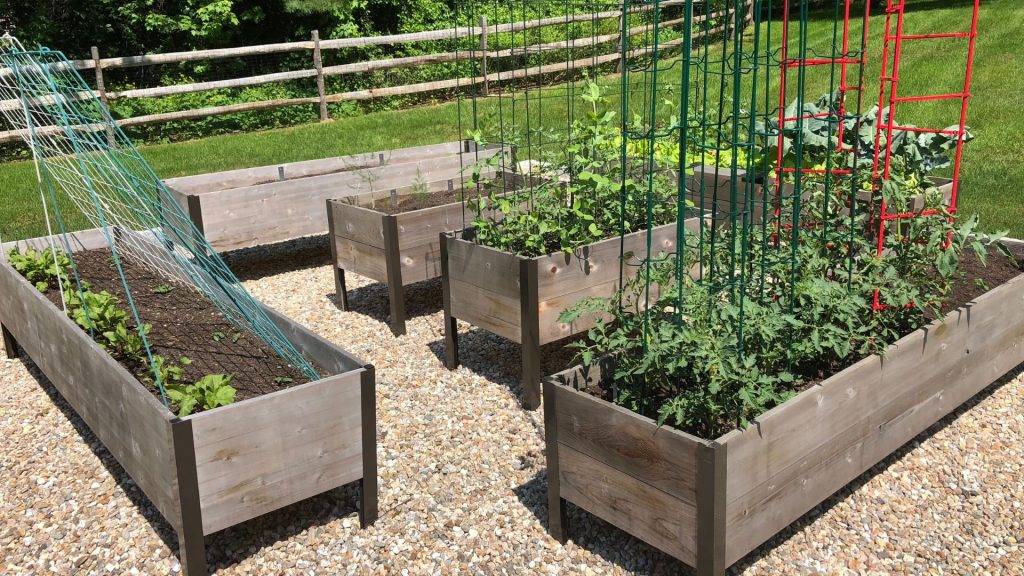
Another advantage of container gardening for seniors is that it can be done indoors or outdoors, depending on the season and the type of plants being grown. This means that seniors can enjoy the benefits of gardening year-round, regardless of the weather. Container gardening is also a great way for seniors to connect with nature and to enjoy the beauty and serenity of their surroundings.
Understanding Container Gardening
Container gardening is a great way for seniors to enjoy gardening without the physical demands of traditional gardening methods. With container gardening, we can grow a variety of plants in containers, such as pots, window boxes, and hanging baskets.
One of the benefits of container gardening is that it allows us to garden in small spaces. We can place containers on a balcony, patio, or windowsill, making it an ideal option for seniors living in apartments or with limited outdoor space.
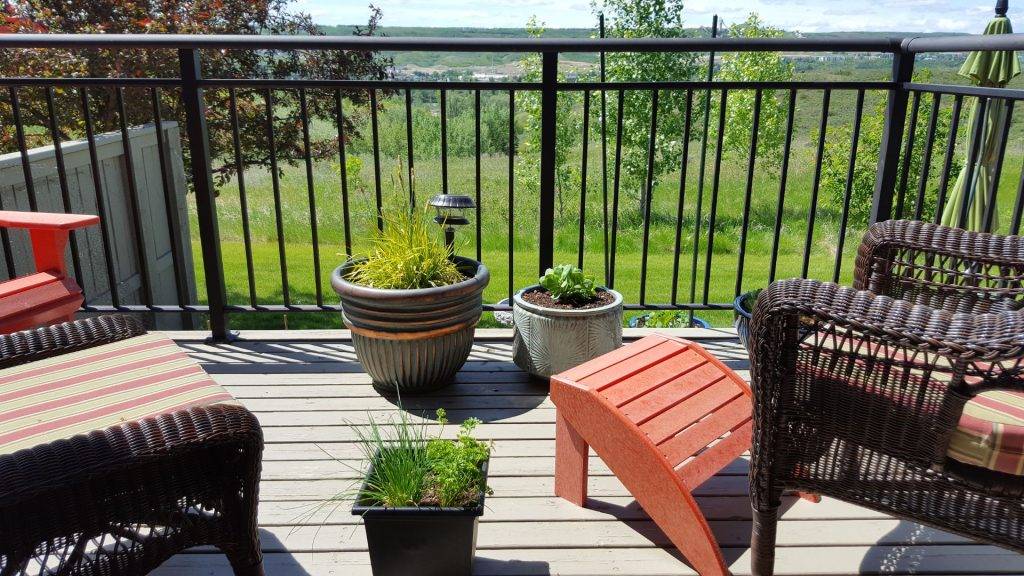
Another advantage of container gardening is that it allows us to grow plants that may not thrive in our local soil. We can create a custom soil mix that meets the specific needs of our plants, ensuring they get the right nutrients and drainage.
When selecting containers, we should consider the size and material. Larger containers will hold more soil, which will provide more nutrients and water for our plants. We should also choose containers made of lightweight materials, such as plastic or resin, to make them easier to move around.
It’s important to choose the right plants for our containers. We should consider the amount of sunlight our plants will receive and choose plants that are suitable for our climate. Vegetables that do well in containers include beans, tomatoes, peppers, and lettuce.
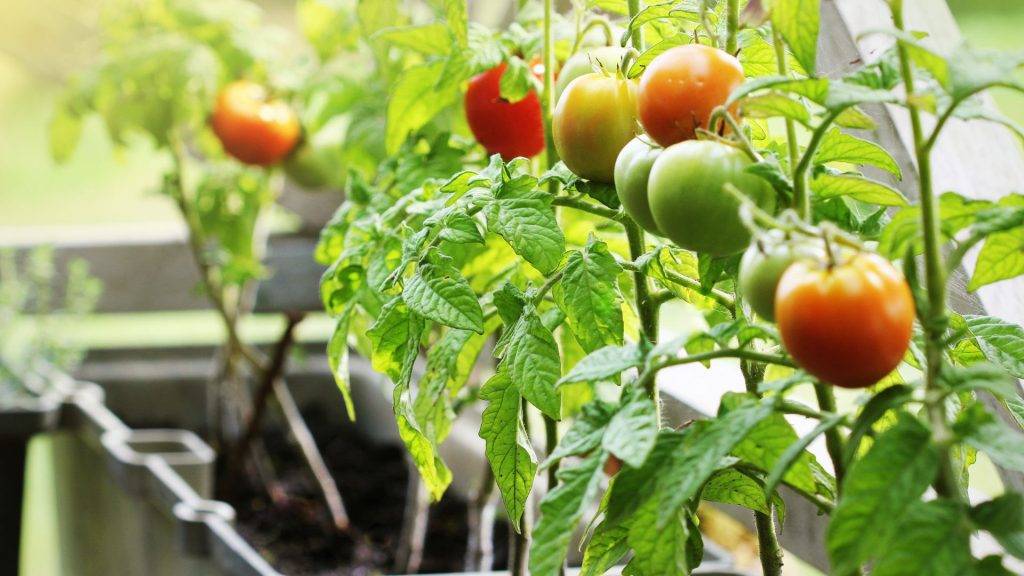
In summary, container gardening is a great option for seniors who want to enjoy gardening without the physical demands of traditional gardening methods. With the right containers, soil mix, and plants, we can create a beautiful and productive garden in a small space.
Why Container Gardening is Ideal for Seniors
Container gardening is an excellent option for seniors who want to enjoy gardening without the physical demands of traditional gardening. Here are some reasons why we think container gardening is ideal for seniors:
Physical Accessibility
Container gardening is a great option for seniors with limited mobility. It requires less bending, kneeling, and reaching, making it easier for seniors to access their plants. Seniors can place their containers at a height that is comfortable for them, whether that be on a table, a windowsill, or a raised bed. This eliminates the need for seniors to get down on their hands and knees, which can be difficult or impossible for some.
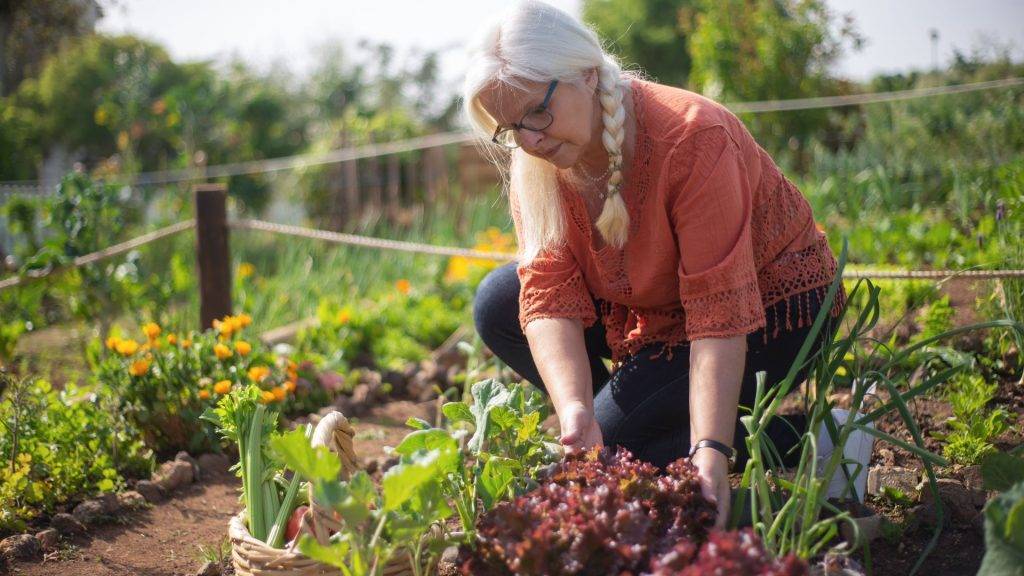
Additionally, container gardening is less strenuous than traditional gardening. Seniors can avoid heavy lifting and digging, which can put a strain on the body. Instead, they can focus on planting, watering, and nurturing their plants.
Cognitive Benefits
Container gardening can also provide cognitive benefits for seniors. Gardening requires planning, problem-solving, and decision-making, which can help keep the mind sharp. Seniors can choose which plants they want to grow, decide where to place them, and determine how much water and sunlight they need. These tasks can provide mental stimulation and a sense of accomplishment.
Emotional Well-being
Container gardening can also have emotional benefits for seniors. Gardening can provide a sense of purpose and fulfillment, which can help combat feelings of loneliness and depression. Seniors can also enjoy the beauty of their plants and the satisfaction of watching them grow. Gardening can provide a peaceful and calming activity that can help reduce stress and anxiety.
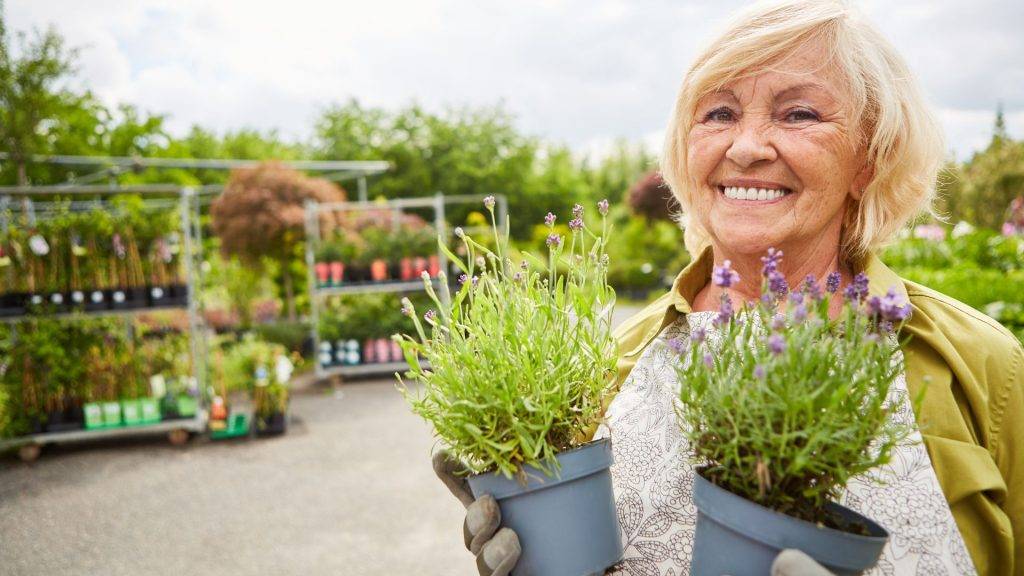
In conclusion, container gardening is an excellent option for seniors who want to enjoy gardening without the physical demands of traditional gardening. It can provide physical accessibility, cognitive benefits, and emotional well-being.
Choosing the Right Containers
When it comes to container gardening for seniors, choosing the right containers is crucial. Here are some important factors to consider when selecting containers for your garden.
Material Considerations
The material of the container affects its durability, weight, and water retention. Here are some common materials and their pros and cons:
| Material | Pros | Cons |
|---|---|---|
| Plastic | Lightweight, affordable, and easy to find | Can crack or fade over time |
| Terra-cotta | Durable and attractive | Heavy and can break easily |
| Resin | Lightweight and durable | Can be more expensive |
Size and Depth
The size and depth of the container are also important factors to consider. Here are some guidelines to follow:
- Choose containers that are at least 12 inches in diameter to provide ample space for roots to grow.
- Ensure that the container is deep enough for the plants you want to grow. For example, root vegetables like carrots and beets need deeper containers than herbs or lettuce.
- Consider the weight of the container when filled with soil and water. Seniors may have difficulty moving heavy containers, so choose lightweight materials or smaller containers that can be easily moved.
By considering these factors, we can choose containers that are suitable for our needs and will help us create a thriving container garden.
Best Plants for Container Gardening
When it comes to container gardening, choosing the right plants is crucial. Not all plants are suitable for container gardening, and some may not thrive in the limited space and soil conditions. Here are our top picks for the best plants for container gardening, divided into three sub-sections: Vegetables, Herbs, and Flowers.
Vegetables
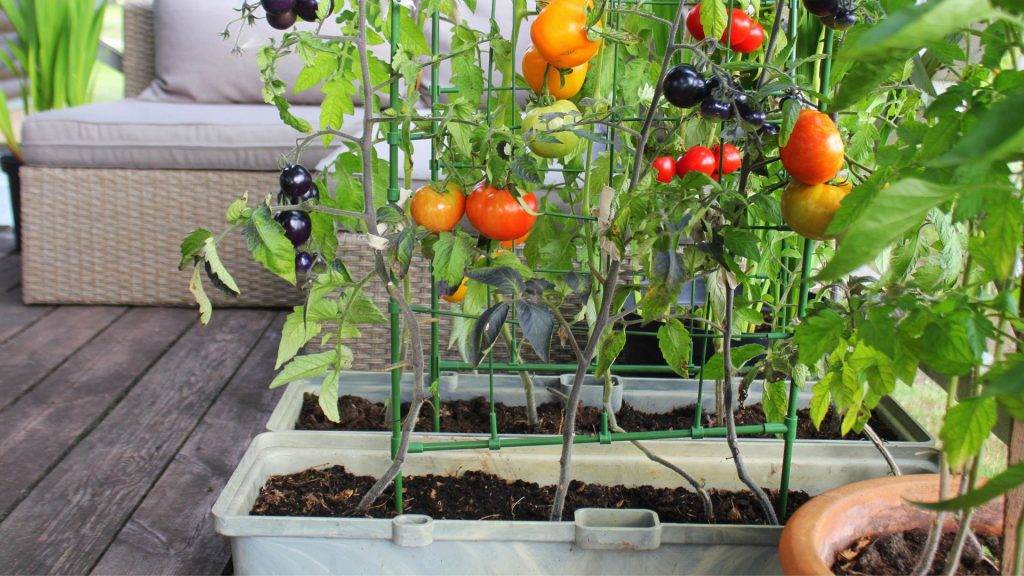
Growing vegetables in containers is a great way to enjoy fresh produce without a large garden. Here are some vegetables that are easy to grow in containers:
- Tomatoes: Choose a compact variety like Patio, Tiny Tim, or Tumbler, and provide support for the plant to grow upright.
- Peppers: Bell peppers, jalapenos, and other varieties of peppers can be grown in containers. Make sure the container is at least 12 inches deep and provide support for the plants.
- Cucumbers: Bush cucumbers are perfect for container gardening. Provide a trellis or support for the plant to climb.
Herbs
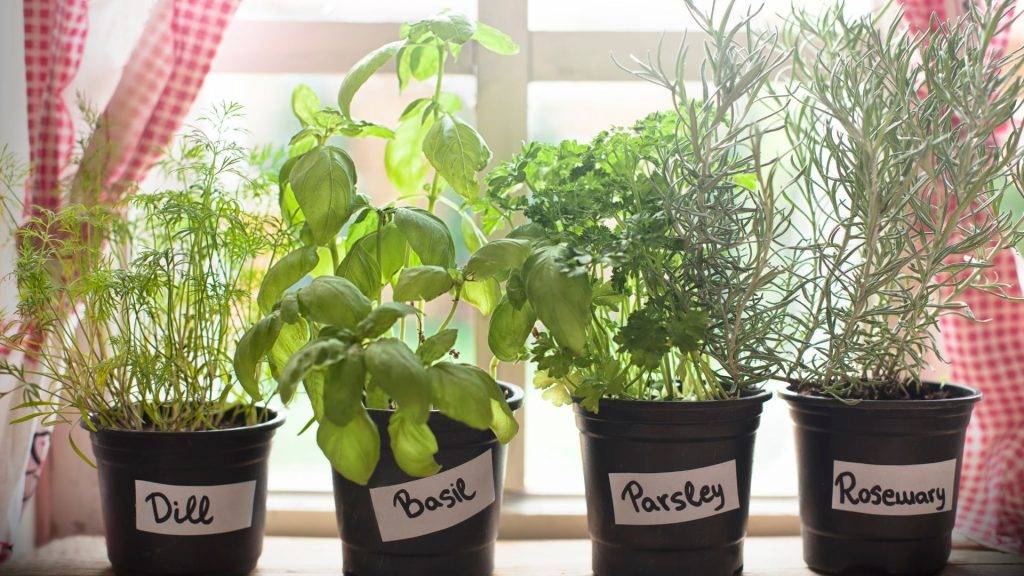
Herbs are a great choice for container gardening because they are easy to grow and require minimal space. Here are some herbs that are perfect for container gardening:
- Basil: This herb loves warm temperatures and plenty of sunlight. Choose a compact variety like Spicy Globe or Dwarf Greek, and keep the soil moist.
- Parsley: This herb prefers partial shade and moist soil. Choose a container that is at least 8 inches deep and provide drainage.
- Chives: Chives are easy to grow and require minimal care. Choose a container that is at least 6 inches deep and keep the soil moist.
Flowers
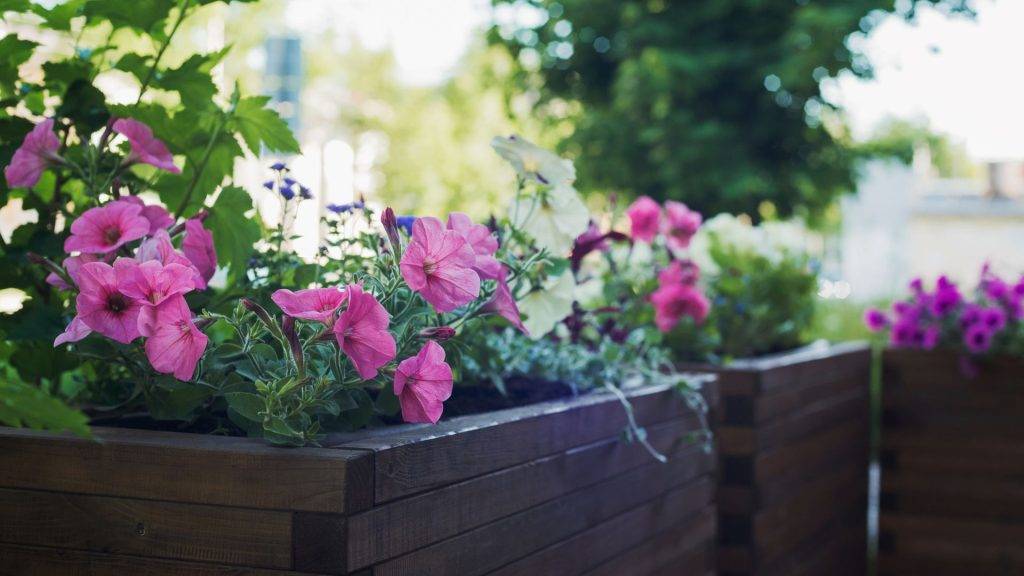
Container gardening is not just about growing vegetables and herbs. Flowers can add color and beauty to your container garden. Here are some flowers that are perfect for container gardening:
- Petunias: These colorful flowers are perfect for hanging baskets or containers. Choose a variety that is compact and has a trailing habit.
- Marigolds: These cheerful flowers are easy to grow and require minimal care. Choose a variety that is compact and has a bushy habit.
- Geraniums: These classic flowers come in a variety of colors and are perfect for containers. Choose a variety that is compact and has a bushy habit.
Overall, the best plants for container gardening are those that are compact, don’t require a lot of space, and can thrive in limited soil conditions. By choosing the right plants, you can create a beautiful and productive container garden that will provide you with fresh produce, herbs, and flowers all season long.
Maintaining a Container Garden
Maintaining a container garden is not as difficult as you might think. With a little bit of effort and care, you can keep your plants healthy and thriving. Here are some tips for maintaining a container garden.
Watering Tips
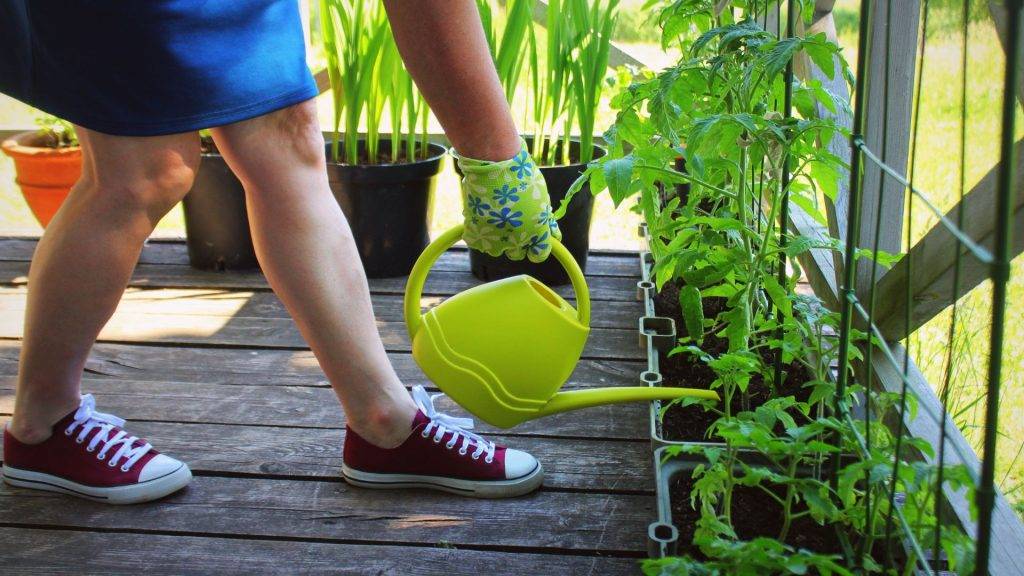
Watering your container garden is one of the most important things you can do to keep your plants healthy. Here are some tips for watering your container garden:
- Check your plants daily: Since containers don’t benefit from ground moisture, it’s important to water as often as once daily. In hot, dry weather, you may need to water twice a day.
- Water deeply: When you water your plants, make sure you water deeply. This means you should water until the water runs out of the bottom of the container. This will ensure that the roots get enough water.
- Use the right soil: The foundation of a thriving container garden is healthy soil. For containers, an organic material that holds water is best.
Fertilizing Essentials
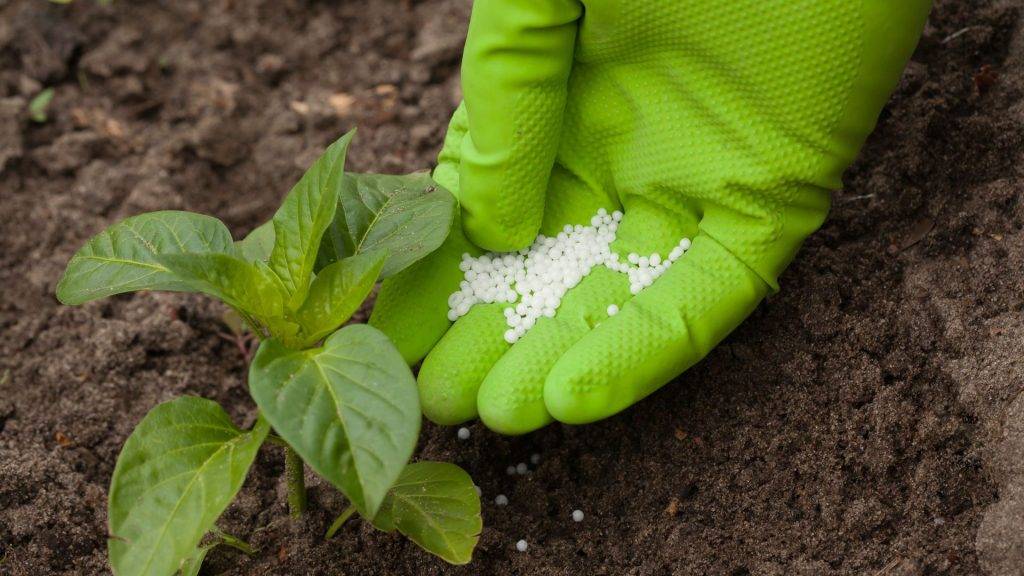
Fertilizing your container garden is also important for keeping your plants healthy. Here are some tips for fertilizing your container garden:
- Use a slow-release fertilizer: Slow-release fertilizers are great for container gardens because they release nutrients slowly over time. This means you don’t have to fertilize as often.
- Use a balanced fertilizer: A balanced fertilizer contains equal amounts of nitrogen, phosphorus, and potassium. This will ensure that your plants get all the nutrients they need.
- Fertilize regularly: Fertilize your plants every four to six weeks during the growing season.
Pest Control
Pests can be a problem in container gardens, but there are ways to control them. Here are some tips for pest control:
- Keep your plants healthy: Healthy plants are less susceptible to pests. Make sure your plants are getting enough water and nutrients.
- Use natural pest control methods: There are many natural pest control methods you can use, such as neem oil, insecticidal soap, and diatomaceous earth.
- Check your plants regularly: Check your plants regularly for pests. If you catch a pest problem early, it will be easier to control.
Maintaining a container garden requires a little bit of effort, but it’s worth it. With these tips, you can keep your plants healthy and thriving.
Community and Social Aspects of Container Gardening
Container gardening is not just a way to grow fresh produce or beautiful flowers; it is also a way to build community and connect with others. One of the benefits of container gardening is that it can be done almost anywhere, making it a great way for seniors to get involved in their local community.
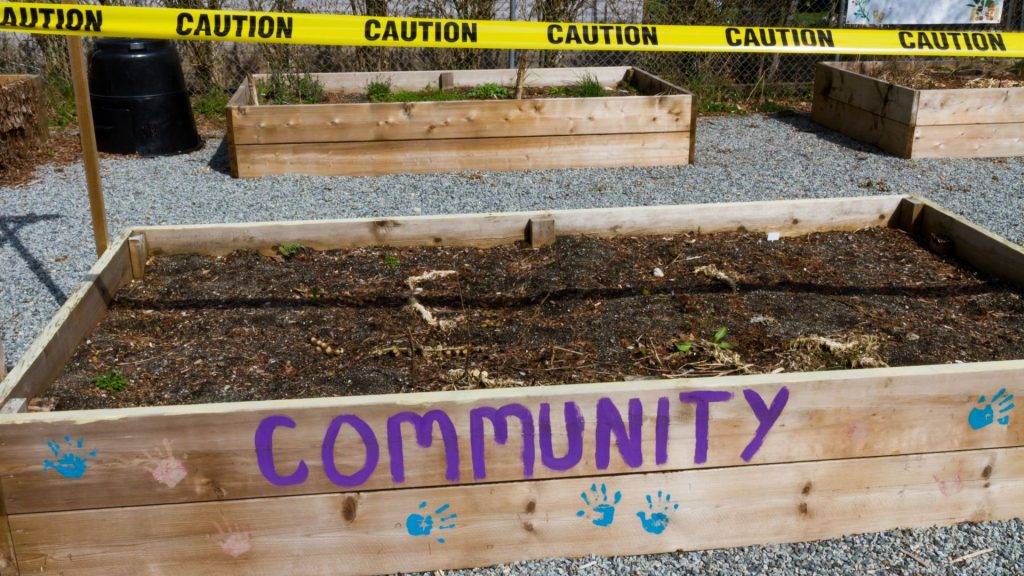
We have seen firsthand how container gardening can bring people together. Whether it’s a group of seniors working together to tend a community garden, or neighbors sharing tips and advice on container gardening, this activity has a way of bringing people together.
Container gardening can also be a great way to meet new people. For seniors who may be feeling isolated or lonely, joining a container gardening group can provide a sense of purpose and belonging. It is a way to connect with others who share a common interest and passion.
In addition to the social benefits, container gardening can also have a positive impact on mental health. Studies have shown that gardening can reduce stress and anxiety, improve mood, and even help alleviate symptoms of depression. For seniors who may be dealing with health issues or other challenges, container gardening can be a therapeutic and calming activity.
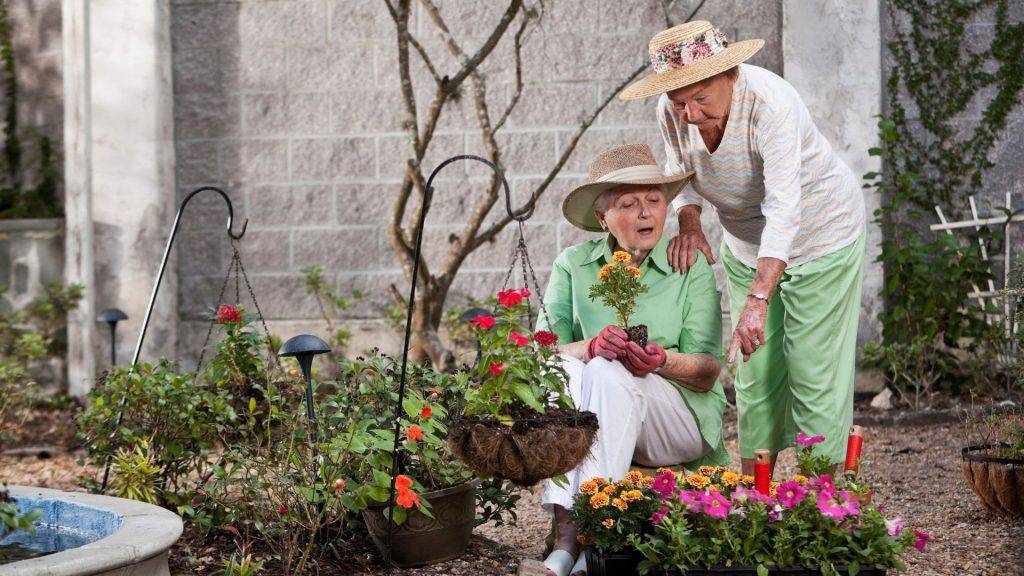
Overall, container gardening is not just a way to grow plants; it is a way to build community, connect with others, and improve mental health. We encourage seniors to explore container gardening as a way to stay active, engaged, and connected with their local community.
